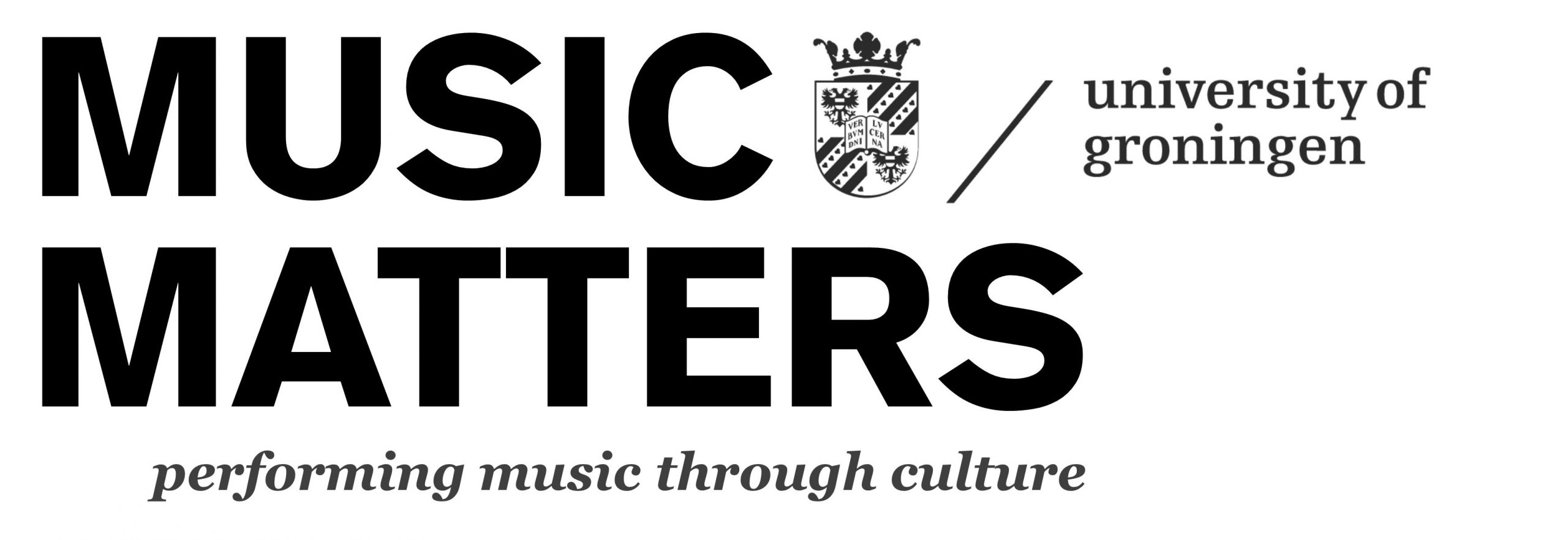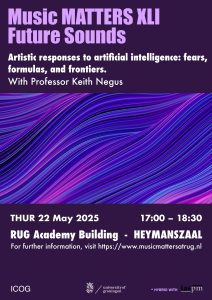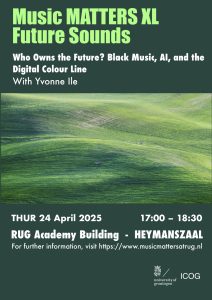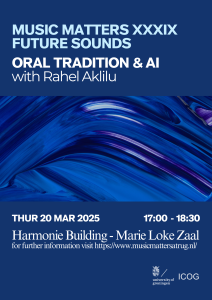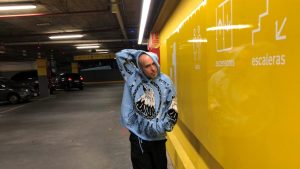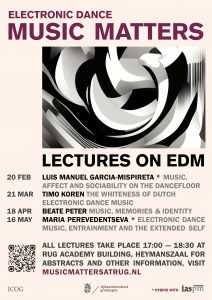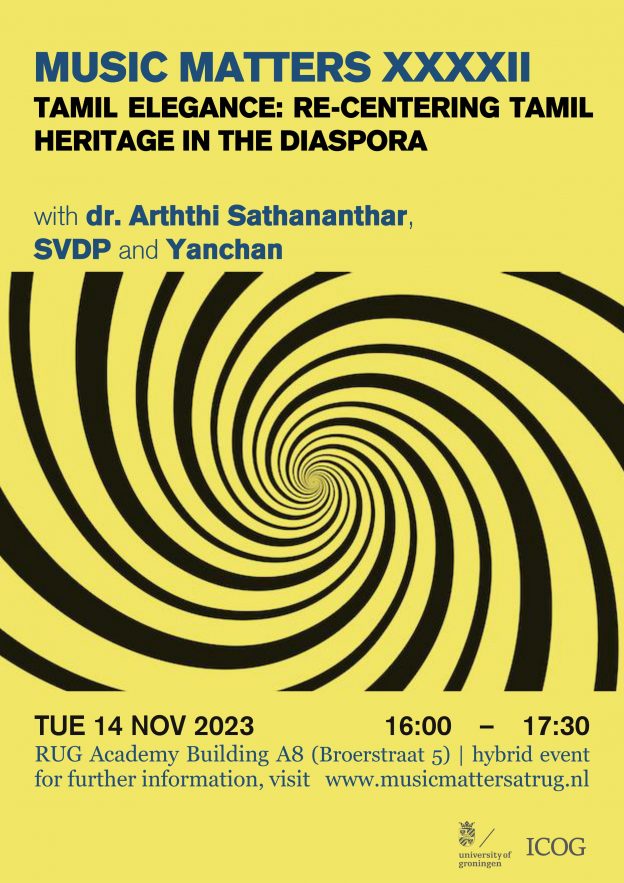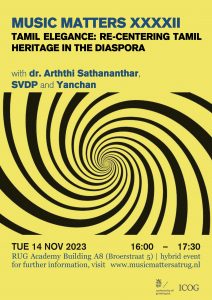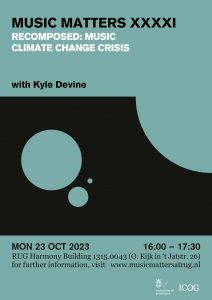We are excited to announce the next edition of Music Matters, entitled “Artistic responses to artificial intelligence: fears, formulas, and frontiers” presented by Professor Keith Negus. The talk will take place on Thursday May 22nd in the Heymanszaal from 17:00-18:30.
This talk is the third in the series “Future Sounds” which focuses on how AI and the shift toward right-wing politics across Europe and the US, are shaping both the future of the music industry and artistic expression more broadly. We are delighted to have Professor Keith Negus from the University of Agder as our third speaker.
Please see below for the abstract and further details:
ABSTRACT: First proposed as a term during the 1950s, artificial intelligence (AI) – driven by big data and
machine learning – is posing challenges for creative practice, curated promotion systems, computer assisted artworks, and copyright. This talk explores a range of artistic responses to AI – from those that echo long held fears about machines and creativity, through those that integrate AI into familiar formulas, to those that challenge anthropocentric assumptions about intelligence and creativity. Drawing from dialogues across the humanities, arts, and sciences, the talk will raise questions about the role of AI in shaping the practices and meaning of creativity within the broader ecologies of cultural production.
BIO: Keith Negus is Professor II, Department of Popular Music, University of Agder. He previously taught at West Surrey College of Art and Design; The Centre for Mass Communication Research, Leicester University; University of Puerto Rico, Rio Piedras; and Goldsmiths, University of London where he is Professor Emeritus. He is the author of Producing Pop, Popular Music in Theory, Music Genres and Corporate Cultures, Bob Dylan, and co-author of Creativity, Communication and Cultural Value, and Doing Cultural Studies: The Story of the
Sony Walkman.
We look forward to seeing you there!
